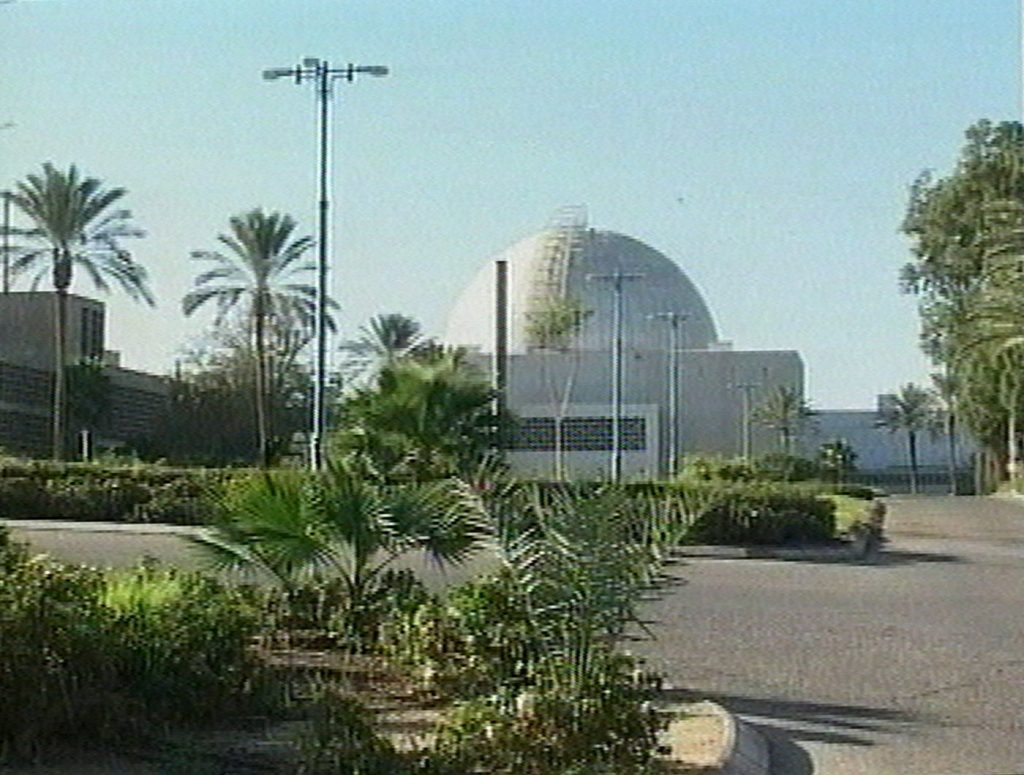TEL AVIV, Israel – Israel has reaffirmed its commitment to dismantling Iran's nuclear program, asserting that its longstanding nemesis's covert attempts to develop an atomic weapon pose an existential threat. Despite the clandestine nature of Iran's actions, Israel's own nuclear capabilities remain ambiguously acknowledged, allowing the country to maintain a strategic deterrence against Iran and other adversaries without initiating a regional nuclear arms race.
Israel is among just five nations that are not signatories to the global nuclear Non-Proliferation Treaty (NPT), a status that insulates it from international pressure for disarmament or oversight by nuclear inspectors. Critics from Iran and other nations have pointed to a double standard, arguing that Western countries impose stringent restrictions on Iran's nuclear ambitions—claims which Tehran maintains are solely for peaceful purposes—while effectively overlooking Israel's presumed nuclear arsenal.
Recent developments saw the U.S. military conducting strikes on three nuclear sites in Iran, thereby reinforcing its involvement in Israel's efforts to neutralize its nuclear program.
A History of Nuclear Ambiguity
Israel's nuclear journey began with the establishment of the Negev Nuclear Research Center in Dimona in 1958 under then-Prime Minister David Ben Gurion, who believed that such a deterrent was essential for securing a nation surrounded by hostile neighbors. Initially, the nature of operations at Dimona was kept secret, misleading U.S. officials into believing it was a textile factory. By the early 1970s, Israel was reportedly capable of producing nuclear warheads using plutonium generated at Dimona.
The policy of nuclear opacity faced a major challenge in 1986 when former technician Mordechai Vanunu leaked information about Dimona to the British press, revealing its nuclear activities. For this, Vanunu spent 18 years imprisoned for treason and remains restricted from contacting foreigners or leaving Israel.
Israel's Nuclear Arsenal
Estimates suggest that Israel possesses between 80 and 200 nuclear warheads, with a more likely count at the lower end of that spectrum. According to the Nuclear Threat Initiative, Israel has amassed up to 1,110 kilograms (2,425 pounds) of plutonium, potentially enough to construct up to 277 nuclear weapons. Additionally, Israel operates six submarines believed to be capable of deploying nuclear cruise missiles, alongside ballistic missiles capable of delivering a nuclear payload over distances of up to 6,500 kilometers (4,000 miles).
German support has been instrumental in supplying these submarines, which are based in the northern port city of Haifa.
The Risks of Nuclear Weapons in the Middle East
In a region rife with conflicts, precarious governments, and ever-shifting alliances, the implications of nuclear proliferation are particularly severe, warns Or Rabinowitz, a scholar at Hebrew University. Rabinowitz observes that potential nuclear engagement during wartime becomes a focal point of global concern, as the deployment of nuclear arsenals rests in the hands of military leaders. This scenario poses grave risks, especially if these leaders feel threatened by weapons of mass destruction aimed at them.
Israel is one of four nations that have abstained from signing the Treaty on the Non-Proliferation of Nuclear Weapons, alongside India, Pakistan, and South Sudan, while North Korea has withdrawn its support. Conversely, Iran remains a signatory but was recently rebuked by the U.N. nuclear watchdog for violating its treaty obligations, just before the escalation of Israel's military operations.
Experts contend that Israel's nuclear ambiguity grants it immunity from extensive international scrutiny, a fact emphasized by Susie Snyder from the International Campaign to Abolish Nuclear Weapons. Critics reckon that Western powers avoid acknowledging their own roles in the ongoing proliferation challenges in the Middle East.











